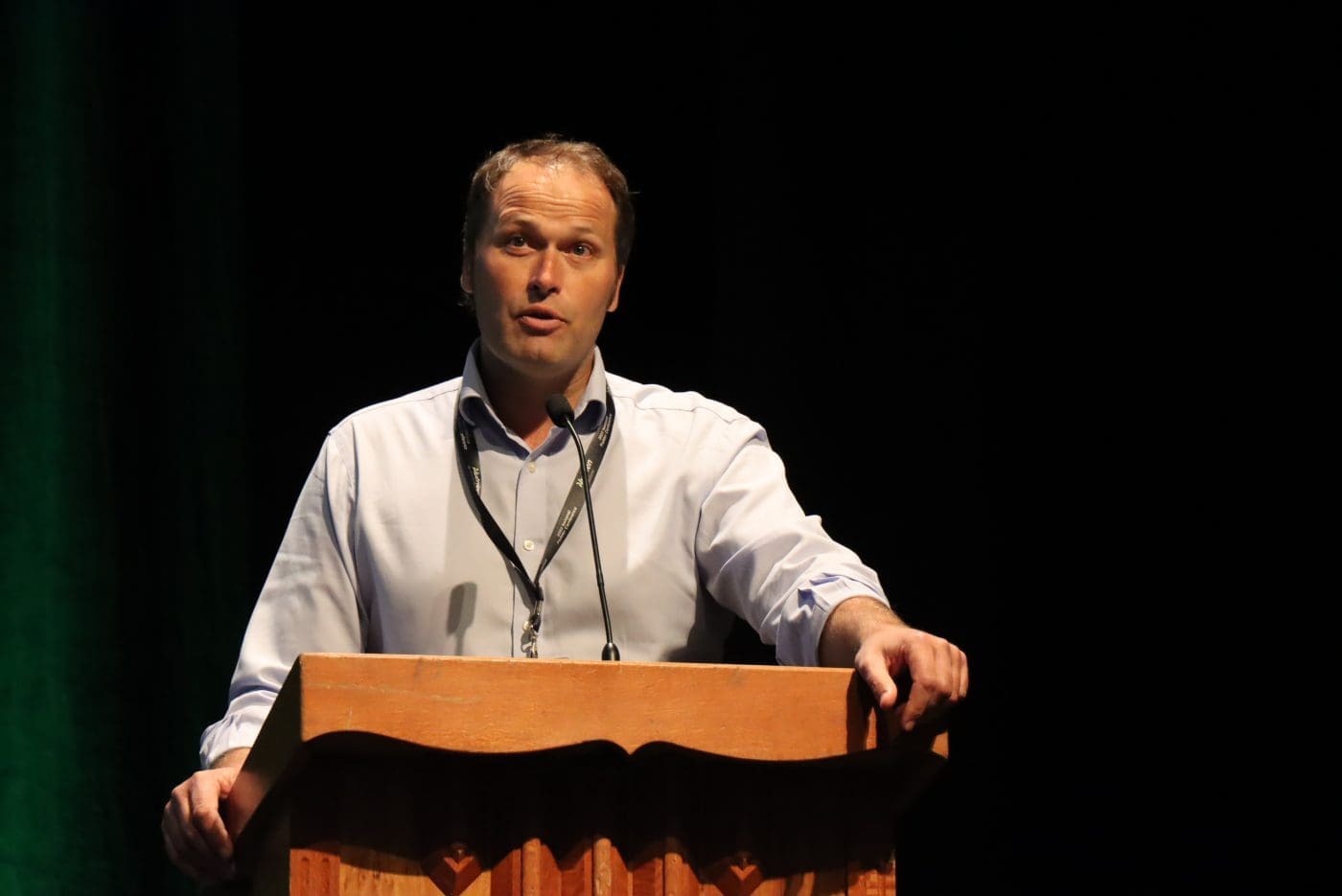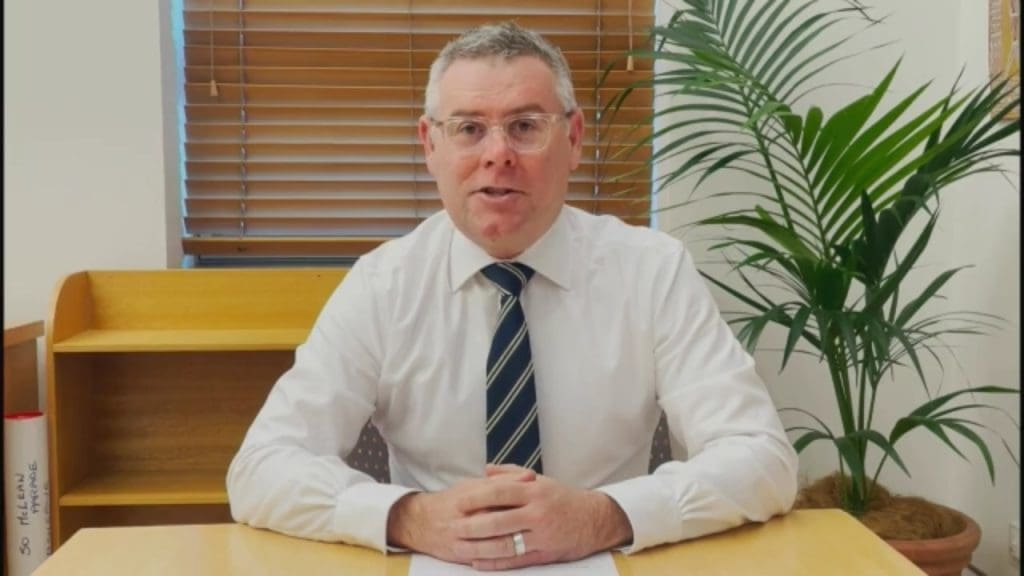THE National Farmers Federation has brought in its new leadership with a new campaign hoping to drum up support for its efforts to fight against “anti-agriculture” policies being put forward the Labor Government.
Since being elected last year the Government has introduced a series of policies the NFF and other farm lobby groups have been strongly opposed to, including:
- A phase out of live sheep exports by sea
- Dramatically increasing renewable energy developments, with transmissions lines going through prime farmland
- Bringing back the possibility of water buybacks on the Murray Darling Basin.
The “Keep Farmers Farming” campaign has called for a series of changes to these policies, citing that Australia has lost of 15pc of its farmland in the past 30 years and that 9/10 farmers are struggling to find workers.
 It also set up a fighting fund for people to donate to the cause, encouraged people to sign on to a letter to the Prime Minister and contact their local members to raise the issues.
It also set up a fighting fund for people to donate to the cause, encouraged people to sign on to a letter to the Prime Minister and contact their local members to raise the issues.
The idea being that a loud and united voice will put more pressure on the Government to rethink its agenda.
Some other agricultural lobby groups have signed on in support – including the Australian Live Exporters Council, NSW Farmers, WA Farmers, Agforce and Canegrowers.
Nationals leader David Littleproud says it is the largest farmer protest campaign in 40 years.
Will the policies change?
Newly elected NFF president David Jochinke said in his opening speech yesterday that he could see a path where agriculture and government could work constructively together. He said the Labor Government were not bad people and that the agiruclture minister Murray Watt was a “terrific bloke”.
He said they were allowing bad ideas to fester.
“Right now, we’re facing an avalanche of bad ideas, that if seen through will see farmers walk off the land, and indeed see entire industries closed for no good reason,” he said.
“These policies will see farmers grow less tomorrow than they do today. That’s a remarkable agenda for a government to have in the current environment.
“Yes, of course, we know that Australia is one of the most food secure nations on earth. But that doesn’t mean we can take the work of our farm sector for granted.”
In supporting the initiative Australian Live Exporters Council chief executive officer Mark Harvey-Sutton renewed calls for the Government to overturn the live sheep ban.
“We know farmers are already hurting as a result of the Government’s policy on the phase out of live sheep exports. It’s another example of an ideological agendas driving policy,” Mr Harvey-Sutton said.
“The Government is taking away markets for sheep farmers, resulting in the loss of confidence we are seeing already.”
Ag minister remains defiant on Govt policies
While the squeaky wheel is becoming louder, agriculture minister Murray Watt has defended the Government’s policies – telling the NFF conference:
“I was surprised to read in today’s papers that the NFF is launching a campaign against the government arguing that, and I quote, ‘food and fibre production is not a central priority for the current Federal government’, that Labor is pursuing ‘a niche ideological agenda’ and that ‘Labor is wilfully ignorant of the plight of farmers’.
“I have to say, it felt like a “central priority”, each time we delivered nearly $3 billion in extra funding for agriculture since taking office, despite a tight fiscal environment.
“It didn’t feel like we were pursuing a ‘niche, ideological agenda’ when we delivered the restoration of trade with our biggest agricultural trading partner.
“It didn’t feel like ‘wilful ignorance’ of farmers, when the Prime Minister personally raised live cattle trade disruptions with Indonesia in his recent meeting with President Widodo – disruptions that were lifted hours later.
“But I guess that’s just politics, but I do think that both government and industry can do better.”
Minister Watt also this week addressed the comments that the live export phase out was taking the confidence out of the sheep market – posting reports from ABARES which suggested the phase out was not driving falling markets.
He posted the story on X(Twitter), which received a wave of negative comments.




HAVE YOUR SAY